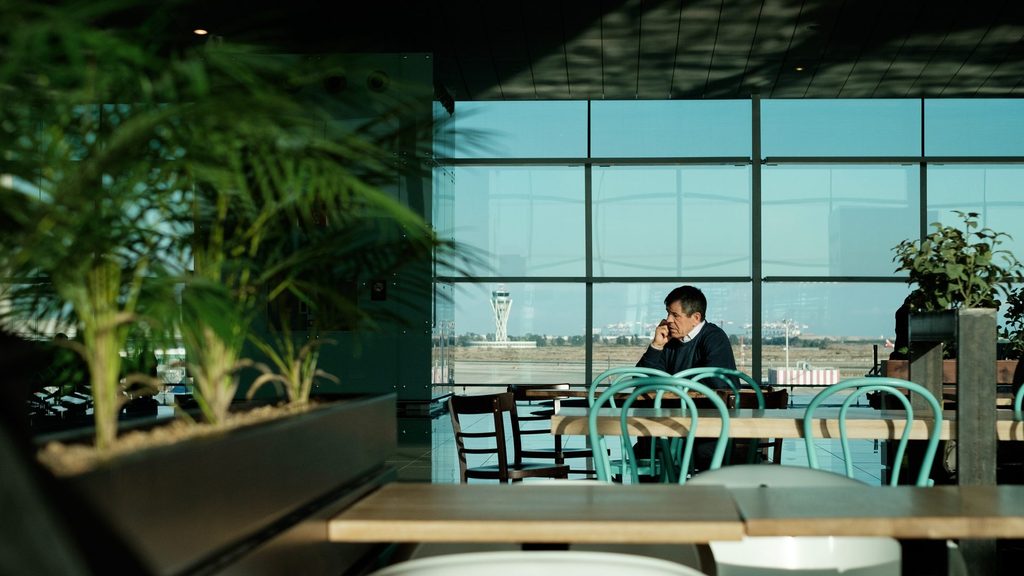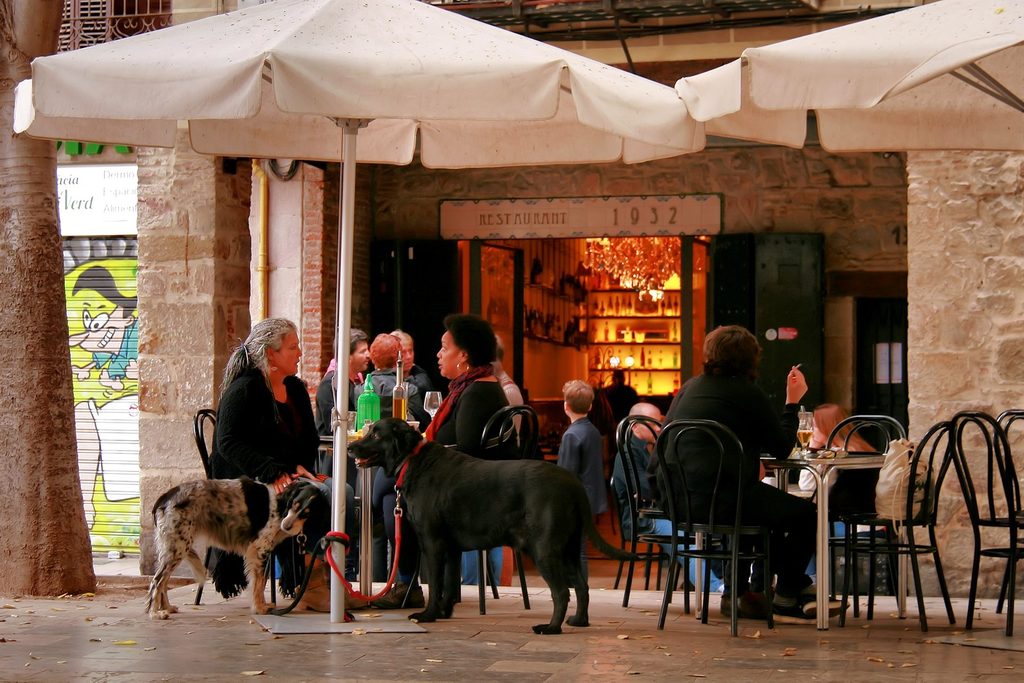If you're planning a solitary gastronomic expedition to the heart of Barcelona, you might find certain establishments in select districts less accommodating. Group reservations are the preference for many.
But the intense debate on dining solo has spread across the culinary world as Spanish newspaper El País reported that some Barcelona restaurants are saying no to reservations from solo patrons. In particular, reporters investigated eateries on the Carrer de Blai and within the central Eixample district.
Reporters heard a testimony from an Eixample resident and familiar face in neighbourhood bars, who found herself repeatedly turned away when seeking to dine alone. Despite efforts to negotiate with restaurant staff, and even offering to pay an extra fee for a solo place, the diner left disappointed.
"The verdict was clear: no solitary diners," she lamented. Another local shared a similar story on Carrer de Blai, being rejected in three venues while unoccupied tables were in plain sight. "I merely wanted to enjoy an alfresco meal while reading my book," he complained.
Other Spanish newspapers reporting on the issue found that management follow a general policy of "the more, the merrier". City authorities have sought explanations from the Barcelona restaurateurs association and the Generalitat de Catalunya (the regional government).

Man dines alone at Barcelona El Prat Airport. Credit: Alexey Shikov / Unsplash
Unregulated tourism
The severe decision reported in Barcelona is indicative of a bigger problem facing the city: unregulated tourism. This has seen many hospitality venues, whether restaurants or hotels, overwhelmed by excessive numbers of tourists during the summer months, much to the frustration of locals.
Terrace culture in the Catalan capital is celebrated but locals often complain of not being able to find a table at their favourite spots due to the overload of tourists. Analysts have also pointed out that a solitary diner with their own table will take up more space than a larger group.
Not dissimilar to asking customers who linger with laptops during service hours to leave, the rationale to maximise seat use is clear. But prohibiting a solitary customer from enjoying a drink or meal might be deemed rather extreme and is likely to spark public opposition.
No children?
With many popular restaurants overwhelmed by diner demand, some are considering measures to maximise customer numbers and improve dining experience. This has led some to implement no-child policies.
Fred, a restaurateur from Brussels, told Le Soir: "We recognise that a child's order contributes nearly half of an adult's order. Hence, adult patrons receive priority, especially given the current backdrop of a pandemic-induced two-year hiatus and mounting operational costs for most hospitality players."
"Some dining establishments have even minimised play spaces for children to accommodate additional tables, as family diners tend to linger longer, necessitating adaptive business models."
In essence, the culinary landscape is ever-evolving, shaped by a range of factors from economic considerations to cultural shifts. The discourse sparked by these decisions underscores the intricate interplay between the hospitality industry and societal dynamics.

